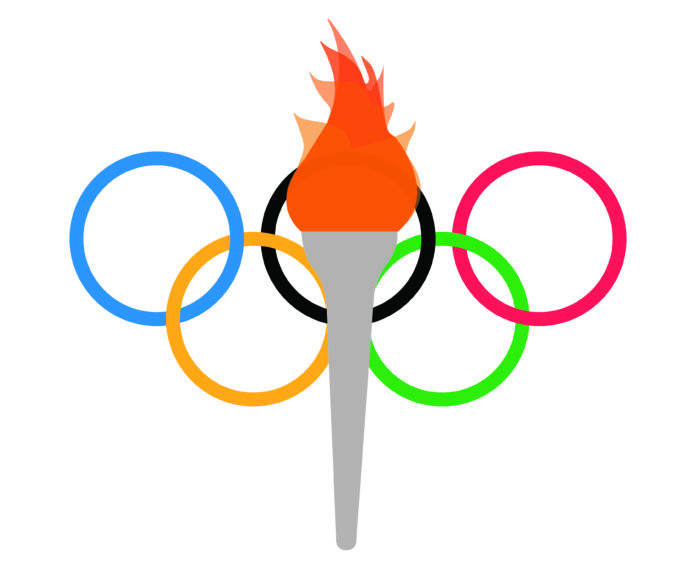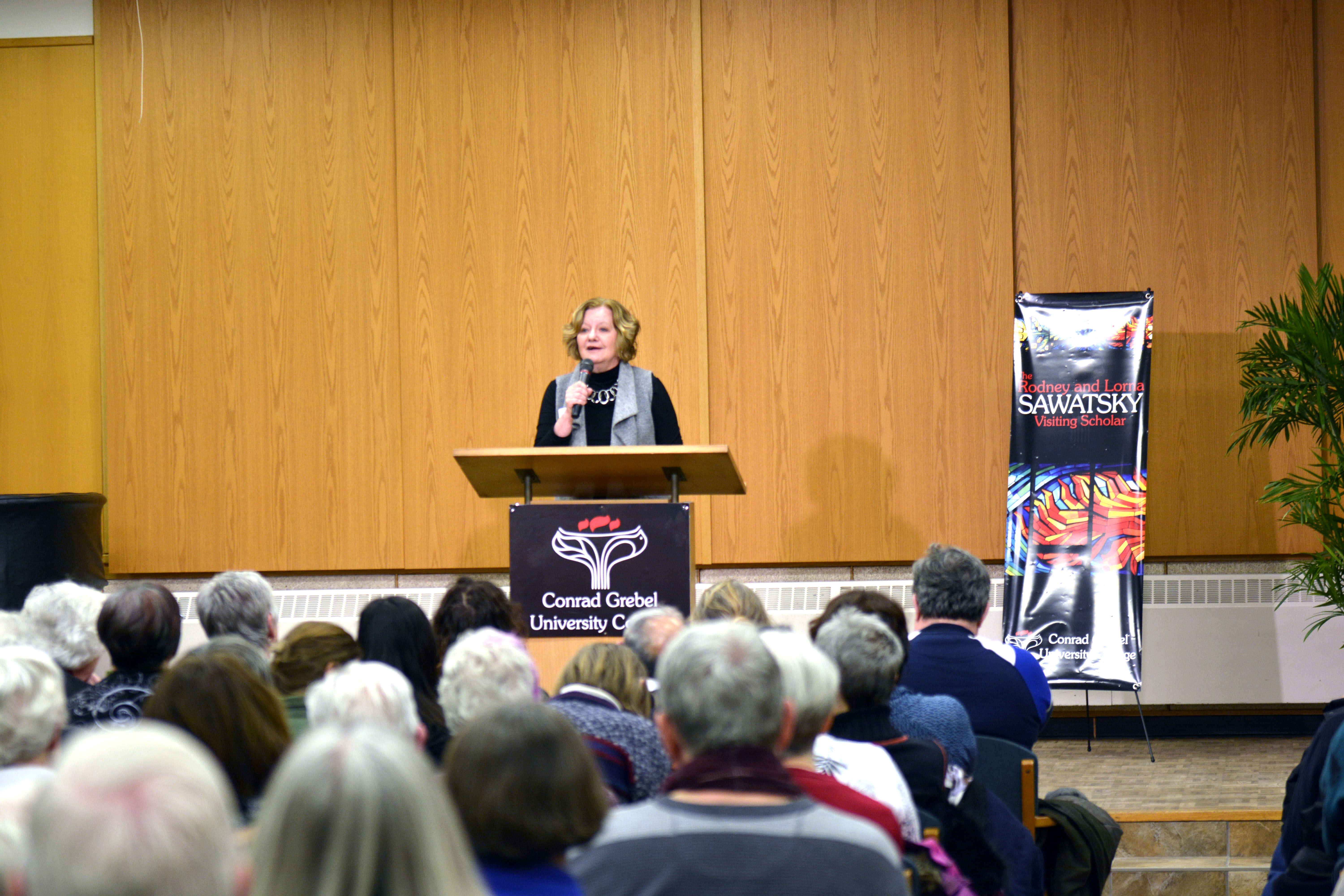It was July of 2015 when Beijing was awarded the 2022 Winter Olympic Games. Seven years later, the world is very different, at least from the perspective of someone who has become of age in this time span. The elephant in the room here is the pandemic — China may have reconsidered its bid if it had known what was to come. But what I believe was anticipated, and what is one of my favourite aspects of the Olympics, is the intense geopolitical nature of the competition, and what it means for international relations, global politics and ultimately, humanity.
The modern Olympics were founded in the late 19th century by Frenchman Pierre de Coubertin and his organisation, the ‘International Olympic Committee’ (IOC). Like that of the ancient Greek Olympic games, a stated mission of the modern Olympics is to promote peace among the nations of the world. At times, this has been challenging — the Olympics have been in the middle of geopolitical tension at many points during its history, such as the Berlin 1916 and 1936 games. Today, we find ourselves in another situation in which the Olympics are set to serve as friendly competition between nations who, in military backrooms, are no doubt planning for more violent forms of competition. These narratives, of country vs country, culture vs culture, played out in athletic competition, is what I find so interesting about the Olympics.
On Dec. 6, 2021, the United States announced a diplomatic boycott of the Olympics, meaning it would not be sending political figures (diplomats) to Beijing, due to alleged genocide and crimes against humanity against Muslim minority groups in the country. Canada, the UK, Japan and many other countries have since followed suit. A group of Uyghur Muslims in Turkey even called for a complete boycotting of the games. In normal times, the Olympics are a valuable opportunity for diplomacy among nations, since almost every country attends. However, it has become increasingly clear that these are not normal times. In the face of boycotts, China has called the move “a farce.”
This is a time of converging crises, from the ongoing pandemic to an increasing military build-up between NATO and Russia on the Ukrainian border — a situation that some Ukrainian officials say could result in the breakout of a third World War. UK Prime Minister Boris Johnson, in his eloquence, has warned Russia that invading Ukraine would be “disastrous” and a “painful, violent and bloody business.” Pleasant. You may have thought World War Three was simply a meme, a terribly unlikely event prevented by the many nuclear weapons on both sides, but sadly, this is the situation the world finds itself in on the eve of Beijing.
Ukrainian Sports Minister Vadim Gutzeit suggested in an announcement that his athletes should not be standing with other athletes who hold the Russian flag. This goes against the spirit of the Olympics, and it is an unfortunate sign of the state of relations between the two countries. Wouldn’t it be great — and hear me out here — if Russian and Ukrainian athletes faced off in, let’s say, a skiing race? Away from the weaponry, away from the military generals, away from the oil; just two athletes, representing their rivalling countries, engaging in a fiercely competitive, nonviolent, activity. Is it utopian to think that this could ease tensions? Maybe, even if it’s just for the moment, leaders of these nations and military alliances could put aside their motivations and settle their grievances on the sporting fields? This seems to be the attitude of the Chinese government, taken to the extreme, as they are cautioning participants against political speech, with potential discipline on the table for those who “cross the line.” It is even believed by a US state department official that Chinese president Xi Jinping would “not be happy” with Russia if a war with Ukraine and NATO coincided with the games or ceremonies in Beijing. UK-based NGO Amnesty International has warned the “international community” against China’s supposed plan of “sports washing” the games, in an attempt to distract from the government’s human rights abuses in Xinjiang and Hong Kong. Personally, I don’t believe there is any way of taking politics out of the Olympics — it is intrinsic to the games — but it is through the games that political tension can ideally be alleviated.
Aside from the controversy and tension, it is the Olympic narratives that make the games truly fascinating. It is clear that China takes great pride in hosting the Olympics. They have put tremendous amounts of resources into the games so that these Olympics will have a technological flair to them. China is a growing nation, empire and economy and, in recent years, has challenged America as a hegemonic power. These Olympics could symbolically signal the technological and economic rise of China, from an impoverished country in the early 20th century, to a great power today. There is no doubt that China takes pride in this narrative, and hopes to host a successful Olympics for this reason.
These narratives exist in every country. This is because sport means so much to us as a global culture. It allows us to express our most primitive instincts of competition and glory without the raising of a sword, or clenching of a fist. On a nationwide scale, narratives become important because each participant has something to prove. America wants to stay on top, China wants to rise, and every other country hopes it can surprise the global superpowers in classic David and Goliath style. Canada usually does a pretty good job of this in the Winter Olympics, and I would say we are pretty proud of it. In fact, I would argue a significant part of our national pride comes from our tremendous ability to succeed in winter sports. It doesn’t feel very good to lose to America in hockey, eh? Well, each country has these narratives, and in times of heightened geopolitical tensions, it is interesting to watch them play out in the games. However, like the UN Secretary-General António Guterres, I just hope this will be done in the name of togetherness.
“I also call upon all warring parties of current armed conflicts around the world to boldly agree to true mutual ceasefires for the duration of the Olympic Truce, thus providing an opportunity to settle disputes peacefully.”
This is the true spirit of the Olympics.






























